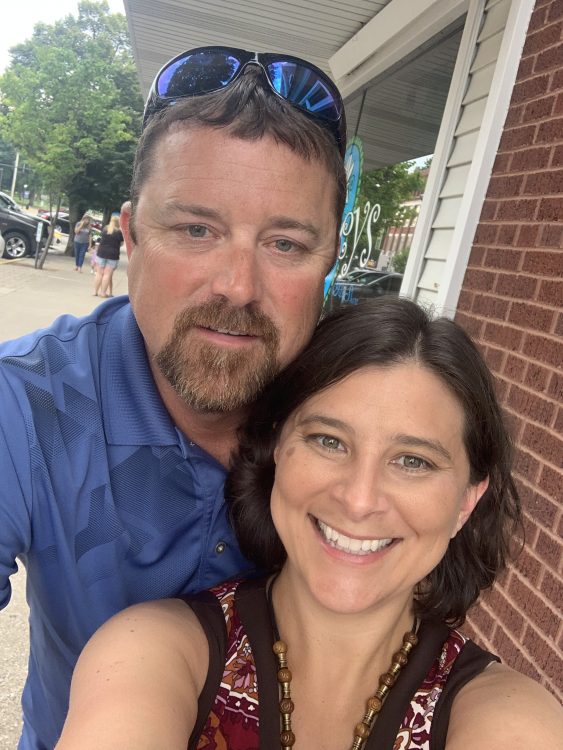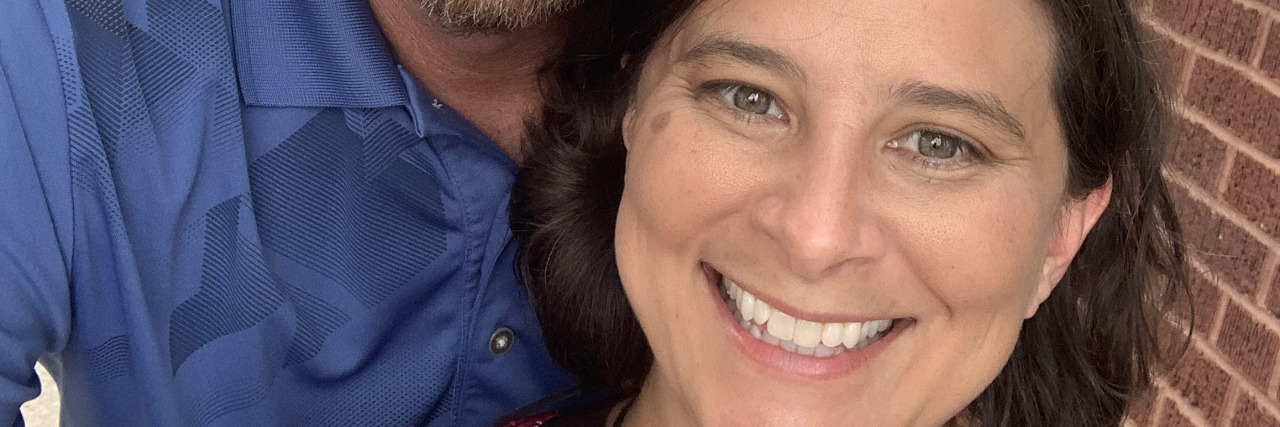How Communicating My Needs to My Partner Helps Me Cope With Hard Anxiety Days
I consider myself very fortunate to have a partner who supports me and truly wants to help when I’m struggling with my mental health. But for a long time, I rejected his offers for assistance because they felt like more work for me.
“Do you need anything?”
“What’s wrong?”
“Do you want to order dinner?”
“What do you want to eat?”
“Are you OK?”
No, I was not OK, and having to make another decision was not going to improve my situation. I needed to not think and not problem-solve. Choosing where to go or what to eat for dinner on a regular night was tough enough. I couldn’t handle that level of pressure in the midst of a panic attack or a bout of intense depression.
But I didn’t say any of that.
I muttered, “I’m fine” or “No, thanks” and returned to whatever battle was
raging in my head.
Clearly this method of communicating didn’t work for either of us. My partner felt rejected and weak because his attempts to be helpful didn’t make me feel any better. I couldn’t feel better either because my basic needs weren’t being met. Neither of us knew how to fix this cycle… so it continued.
At some point during a therapy session, I expressed gratitude for having such a great partner. “His desire to help me is sincere and comes from a place of love,” I told my therapist. But in true therapist fashion, she turned my statement back on me and asked if I was willing to accept my partner’s offers for assistance.
Busted!
I confessed that I turned down most of my partner’s offers because they required so much thinking, but I also realized doing so only hurt me because I couldn’t take care of myself and wouldn’t let anyone else help. Mt therapist suggested that we come up with one question my partner could ask and I could answer—even when I felt drained. It needed to be specific and involve immediate action.
After some thought, we settled on this:
“What do you need from me right now?”
So simple, right?!
That evening, I shared my epiphany with my partner. I explained that during my periods of poor mental health when I wasn’t taking care of myself properly or he felt like I needed support, he could ask me this question, and I would immediately respond.
I even gave an example. If I’m standing in the kitchen looking overwhelmed and panicky, you say, “What do you need from me right now?” I say, “I need a hug.” You give me a hug. The end.
This coping strategy has been really effective for us because my partner has a simple and direct way to help me feel better, and I get to practice verbalizing my needs.

What does it look like in real life?
I’m on the couch, and I’ve been there for quite a while. I’m quiet and showing familiar signs of a depressed mood.
My partner: “Hey, what do you need from me right now?”
Me: “Water.”
My partner: “I can do that.” (Gets water from kitchen).
Me: “Thanks.”
Now I’m hydrated, and he was helpful. We both have a better night.
I totally understand that managing a mental health disorder is hard and often exhausting. Coping strategies that work for me may not work for you. However, I’m 100 percent sure that finding a way to accept help from others makes the journey more bearable.

